
ENVIRONMENTAL HEALTH NEWS – EOH's James Fabisiak EPI's LuAnn Brink (IDM '98, EPI '96) estimate that 40 percent of the county's air pollution-related heart disease deaths occur where 20 percent or more individuals live in poverty and/or 30 percent or more are a racial minority. Study data will be used to evaluate the impact of environmental justice on the health of our county communities.
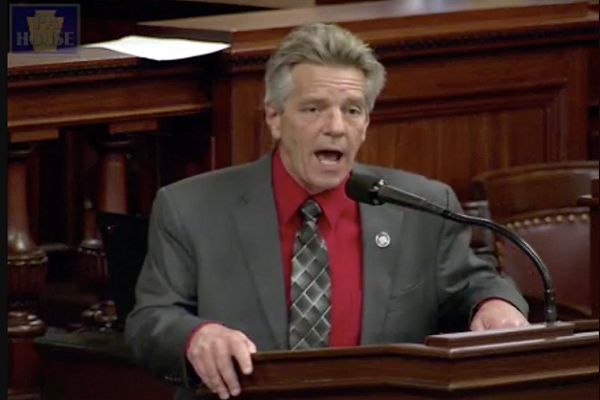
PENN LIVE - Epidemiologist Donald Burke said, “The reason our case rates are as low as they are right now is exactly because of these emergency orders and the business closures and mitigation efforts that have followed. To pull back completely from these protections now… would be unwise in the extreme, and bordering on suicidal,” Burke said. “I really feel that strongly about it.”

WESA - Coalition scientists have pushed to get more coronavirus testing into communities of need. To get that done, EPI’s Tiffany Gary-Webb said they mapped out where Black families live in poverty and lack access to quality medical care, and then created an overlay showing where the federally qualified county health centers were located. That model allowed the council to effectively increase access to testing within that area.

PITTSBURGH CURRENT - EPI’s Catherine Haggerty says, “A key strength of active case investigation is that instructions can be immediately shared and explained. Additional continued monitoring of close contacts provides public health officials an ability to quickly identify if symptoms develop among close contacts so that testing and isolation can be rapidly implemented if needed.”

"We pledge not only to critically evaluate, investigate, and remove racism in our work and institution, but also advocate for Black students, staff, and faculty in a way that is accountable and sustainable."
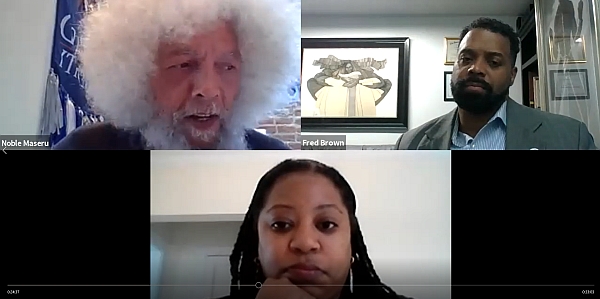
“When the pandemic first started, there were many of us that were worried that the toll on underserved populations, particularly African Americans where I focus, would bear a disproportionate burden of COVID-19,” said EPI’s Tiffany Gary-Web. "So I started locally asking for data by race and trying to understand if what was going to happen in our area…we’re not having the same access to testing. This is just one example.”

Assistant professor of epidemiology Dara Mendez joined a panel of community leaders on this week's Townhall Tuesday: What Black Pittsburgh Needs to Know About COVID-19. Mendez talked about contact tracing and the importance of continued testing, particularly with regard to Allegheny County's transition to into the yellow phase and missing racial data. Researchers are working closely with multiple organizations to expand testing, including free a...
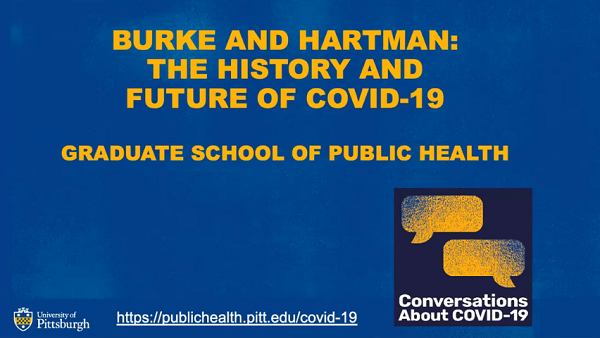
COVID-19 is one of three novel coronavirus outbreaks in the past 20 years that originated in animals. How is the current outbreak similar and different from the previous ones? What course will COVID-19 take in Pennsylvania? IDM's Amy Hartman puts the current outbreak in perspective with what we know (and don’t know) about SARS-CoV-2. EPI's Donald Burke discusses the epidemiological and environmental factors that will shape the likely ph...

PITTSBURGH QUARTERLY - “It’s a disease with many risk factors that not many people know about. It’s not just about a person not exercising,” said EPI's Iva Miljkovic. “People can have a normal BMI, but they have a lot of fat where it’s not supposed to be and we don’t do anything about it in clinical practice. When you go to the doctor ... no one measures your waist. That would be the most simple way to tell if someone was at high risk.”
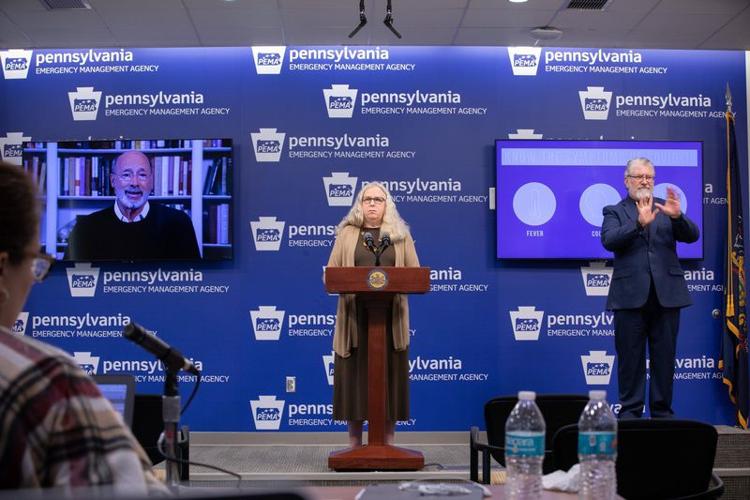
THE DAILY ITEM – EPI’s Don Burke said the challenge for public health officials in setting benchmarks is that it’s still not well understood what percentage of the population shows no symptoms when they’re infected with the coronavirus. How widely the population should be tested is key. “We are just beginning to get a clear view of the magnitude of the spread,” Burke said.

NEW YORK TIMES - EPI’s Donald Burke said, “Even with these corrections, it’s still on the high side — this is higher than I would have expected.” He added that, whatever the precise scale of the initial outbreak, that same dynamic will accelerate once measures to mitigate the spread are relaxed without other public health measures in place. “When you take away social distancing, everything will go right through the roof.”
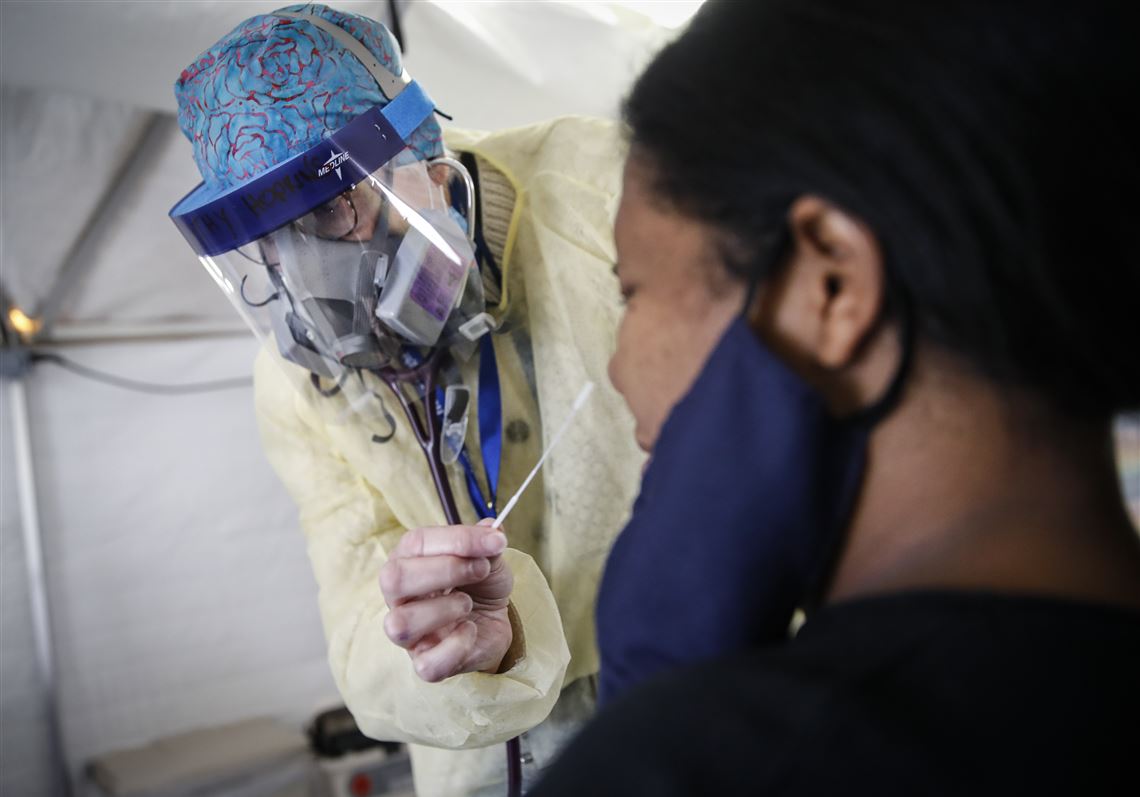
POST-GAZETTE - By counting probable cases and deaths, not just confirmed ones, “the overall sensitivity of the surveillance system is enhanced,” said EPI’s Catherine Haggerty. She interviews people who have had contact with COVID-19 patients to determine if they should be considered probable cases. “By casting a wider net you catch more cases. And it gives us a greater understanding of the full impact” of the disease on the community.

PITTSBURGH BUSINESS TIMES – While high numbers have made state-level contact tracing impossible, Allegheny County has managed it by bringing in Pitt health science students and faculty to assist, including EPI’s Catherine Haggerty. “We identify potentially exposed persons within the community so that we can reduce community spread,” she said. “I think that’s played a role in the success of managing and combatting COVID-19” in the region.

PITTSBURGH POST-GAZETTE - “A good first step is to check the CDC website before you travel because things are rapidly changing,” advised EPI’s Catherine Haggerty. “There is evidence that the virus can be viable for hours or days on surfaces, so wash your hands often and avoid touching your eyes, nose, and mouth. If you wipe down the steering wheel, it is just an extra precaution that can help protect you.”